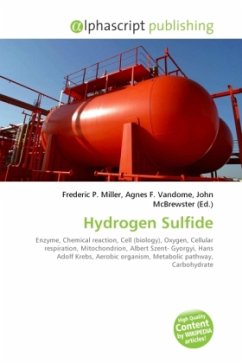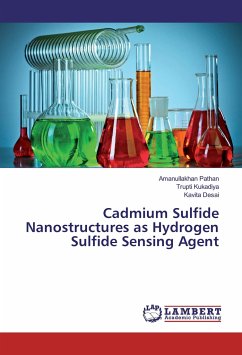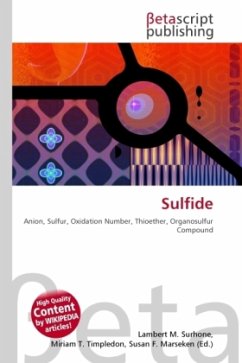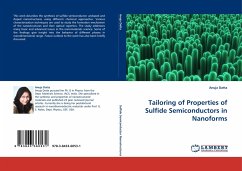High Quality Content by WIKIPEDIA articles! The Girdler sulfide (GS) process, also known as the Geib-Spevack (GS) process, is an industrial production method for making heavy water (deuterium oxide), an important component of many nuclear reactors because it acts as a neutron moderator. It takes its name from Karl-Hermann Geib and Jerome S. Spevack, who independently invented it in the early 1940s, or the Girdler company, which built the first American plant using the process. The method is an isotopic exchange process between H2S and H2O ("light" water), that produces heavy water over several steps. It is a highly energy intensive process. Normal water contains 115 parts per million of deuterium, relative to hydrogen . Until its closure in 1997, the Bruce Heavy Water Plant in Ontario (located close to the Bruce Nuclear Generating Station) was the world's largest heavy water production plant, with a capacity of 700 tonnes per year. It used the Girdler sulfide process to produce heavy water, and required 340,000 tonnes of feed water to produce one tonne of heavy water. Presently, India has seven heavy water production plants.








